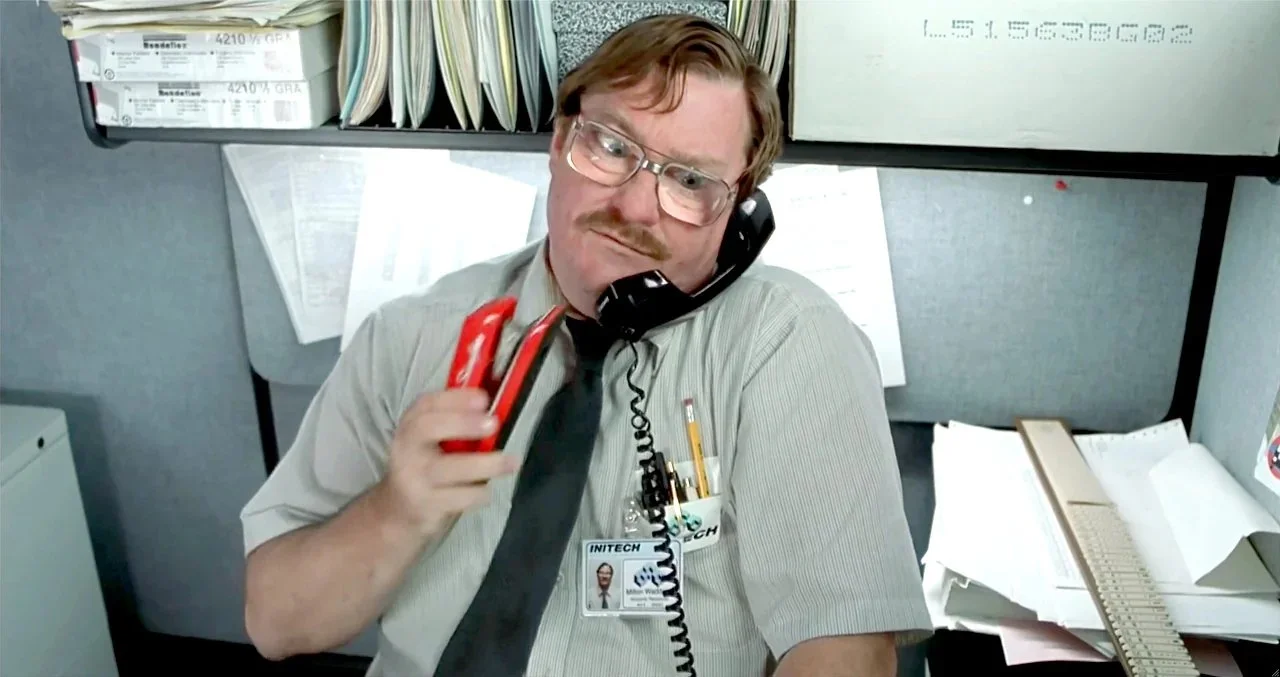How to Lose a Team in 10 Months Silent Sidekicks, Take Notice.
Well, guess what? Karma finally came for the so-called “leader” who made my last workplace a living hell. Fired. Out. Done.
Sounds satisfying, right? I’m not gonna lie—people celebrated hard today, and I caught myself grinning ear to ear. But let’s be real: it was too late. By the time the axe finally fell, so many amazing, talented people had already quit. Others stayed, quietly absorbing the daily emotional abuse, shrinking themselves to survive. And for what? A paycheck. Benefits. The fear of stepping into unemployment.
I get it. I’ve been there. Bills don’t pay themselves, and walking away with nothing lined up feels like jumping out of a plane without a parachute (trust me, I know something about jumping out of planes). But here’s the truth: no company is worth your emotional well-being. Not one.
A little advice for him
EQ isn’t something you announce—it’s something you show. You don’t lead people by controlling them, belittling them, or sucking the oxygen out of every room you walk into. You lead by listening, respecting, and making people feel safe enough to do their best work. Instead, you became the case study in “How to Destroy a Team 101.” Gold star, champ.
And let’s not forget the co-conspirators in khakis
Ah yes, the leaders who sat in meetings, nodded along, and pretended they didn’t see what was happening. Spoiler alert: you don’t get to claim innocence by keeping your head down. Silence isn’t neutral—it’s consent. Every time you looked away, you handed him the microphone and told the rest of us to just deal with it.
You’re just as culpable. Titles don’t make you a leader—backbone does. And hiding behind “it’s complicated” or “not my place” doesn’t excuse you. You didn’t protect your people, you protected yourselves. And now your legacy is stamped right next to his. Congrats—you’re in the credits of the world’s worst leadership documentary. 🎬
Because in the end, toxic leaders don’t rise alone—they’re lifted by the silence of the ones who should’ve spoken. And when the silence finally breaks, it’s not just his downfall people cheer for—it’s the reminder that every enabler falls right beside him in reputation.
And for those still hanging on
I see you. I see the fear, the exhaustion, the way you’ve convinced yourself that maybe it’ll get better next quarter. Let me save you the suspense: it won’t. Toxic doesn’t suddenly turn healthy because HR schedules a “coaching conversation.”
Leaving is scary. Staying is scarier. Because you lose yourself piece by piece until you don’t even recognize the person dragging themselves into work every day. The day you walk away—whether you have a shiny new job lined up or not—you’ll feel lighter. Like you set down a backpack full of bricks you didn’t even know you were carrying.
The lesson?
Companies move at a glacial pace when it comes to toxic leaders. They protect them, they excuse them, they “give them another chance.” Meanwhile, you’re losing sleep, your confidence, and sometimes even your health.
So here’s your reminder: jobs are replaceable. You are not.
The only thing you should lose at work is a stapler, not yourself

